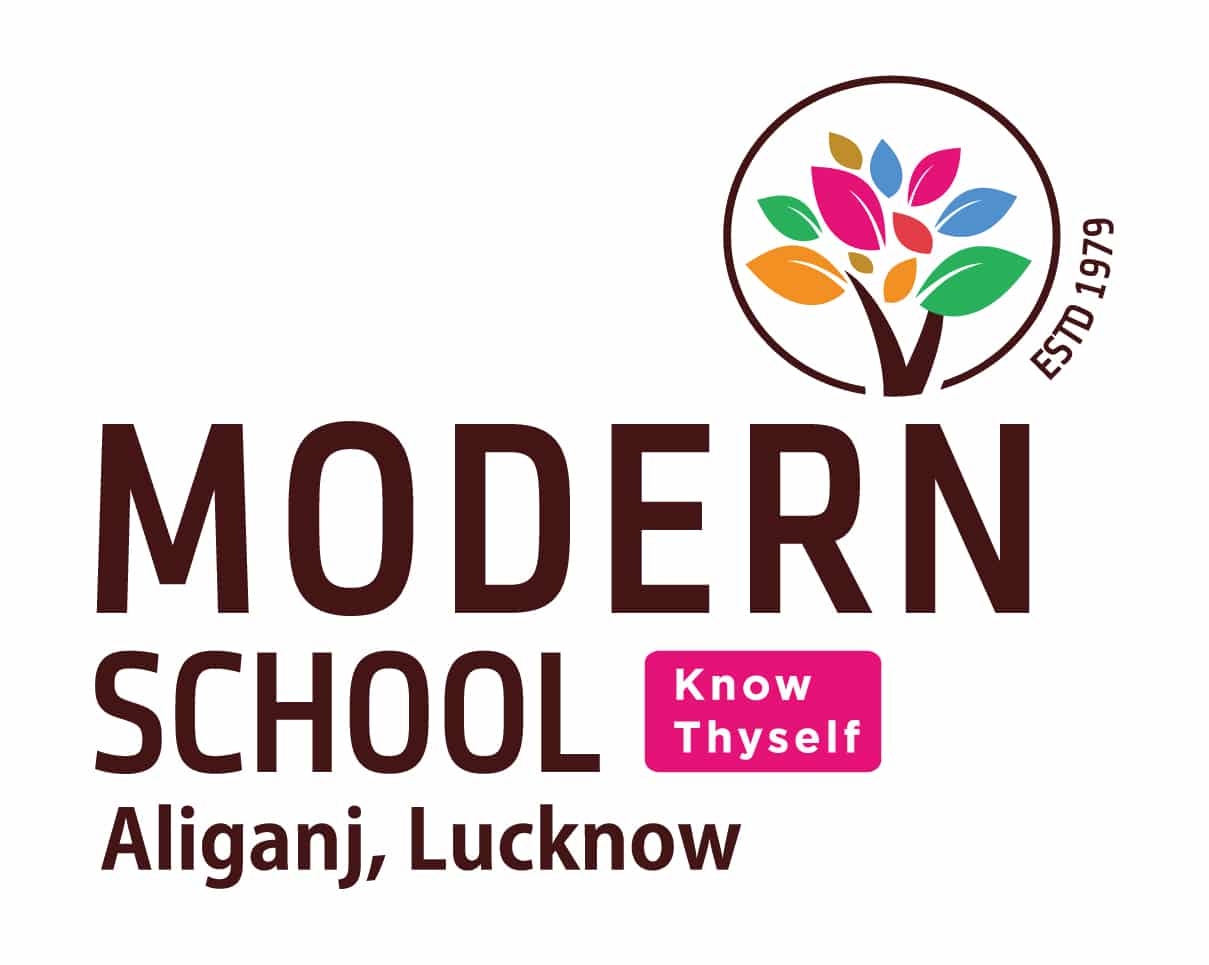Modernites are ‘Intrinsically Motivated’
A visitor: “Why do you study this chapter?”
Extrinsically motivated student: “Because it’s part of our syllabus and will come in the exams.”
Intrinsically motivated student: “Because this chapter is so interesting. I love it.”
Extrinsic motivation, like awards, marks, honours, grades, etc., is necessary when students have not developed an interest in or internal purpose for learning the information being presented.
Although this method of motivation occurs frequently, it does not lead to emotional intelligence because it does not give a child a deep sense of understanding, a sense of purpose, or the type of feedback that leads to self-approval. The child gets conditioned into seeking approval for a sense of self worth.
Also, students who are performing only for extrinsic rewards are not learning for the long term.
Intrinsic motivation comes from rewards inherent to a task or activity itself – the enjoyment of a puzzle or the love of playing cricket, for example. One is said to be intrinsically motivated when engaging in an activity “with no apparent reward except for the activity itself”.
Intrinsic motivation happens when there is learning through choice, curiosity, interest, excitement, or novelty. Students are engaged in an activity that has sparked a personal interest. They care about what they are learning and get inspired to go deep into the subject matter.
This form of motivation has been studied by social and educational psychologists since the early 1970s. Research has found that it is usually associated with high educational achievement and enjoyment by students.
Learning without cramming at The Modern School
When children explore and research on their own, it is a sign of good teaching. It is a sign that their minds are actually developing and have been facilitated to become alive, and exploration makes their minds more alive. On the other hand, merely cramming of books and notes makes a mind less alive, obsolete and dull. This is the danger of learning through cramming notes made by others or joining coaching centres.
Students use library books for reference, exploring the subjects or recreation reading. The school has well equipped central library, teacher’s personal library, internet for reference and class libraries. The central library also has a large number of reference books for students and teachers. There is a special section of books which prepare children for entrance examinations to institutions of excellence after class twelve. A large number of students at Modern School get through these competitive entrance examinations every year.
Text and reference books: The school prescribes for textual reading the best available books in the market, after thorough consideration by a committee consisting of staff and outside experts. The texts must be interesting, attractively designed, have interesting problems, key words high lighted, activities detailed and guidance for teachers added. The prescribed texts for senior classes IX to XII include international standard books as to raise the standards of intellectual challenge.

Leave a Reply
You must be logged in to post a comment.